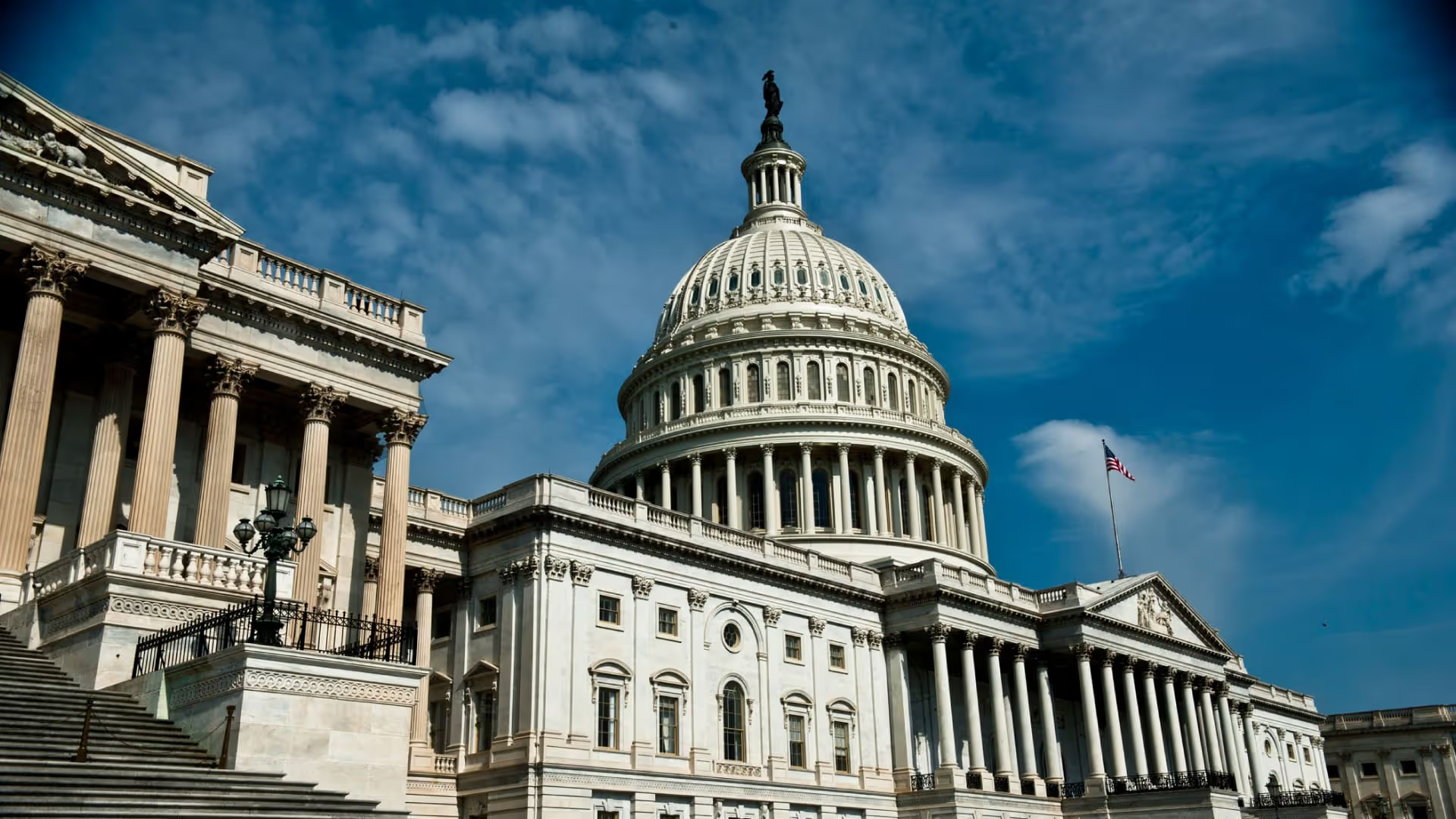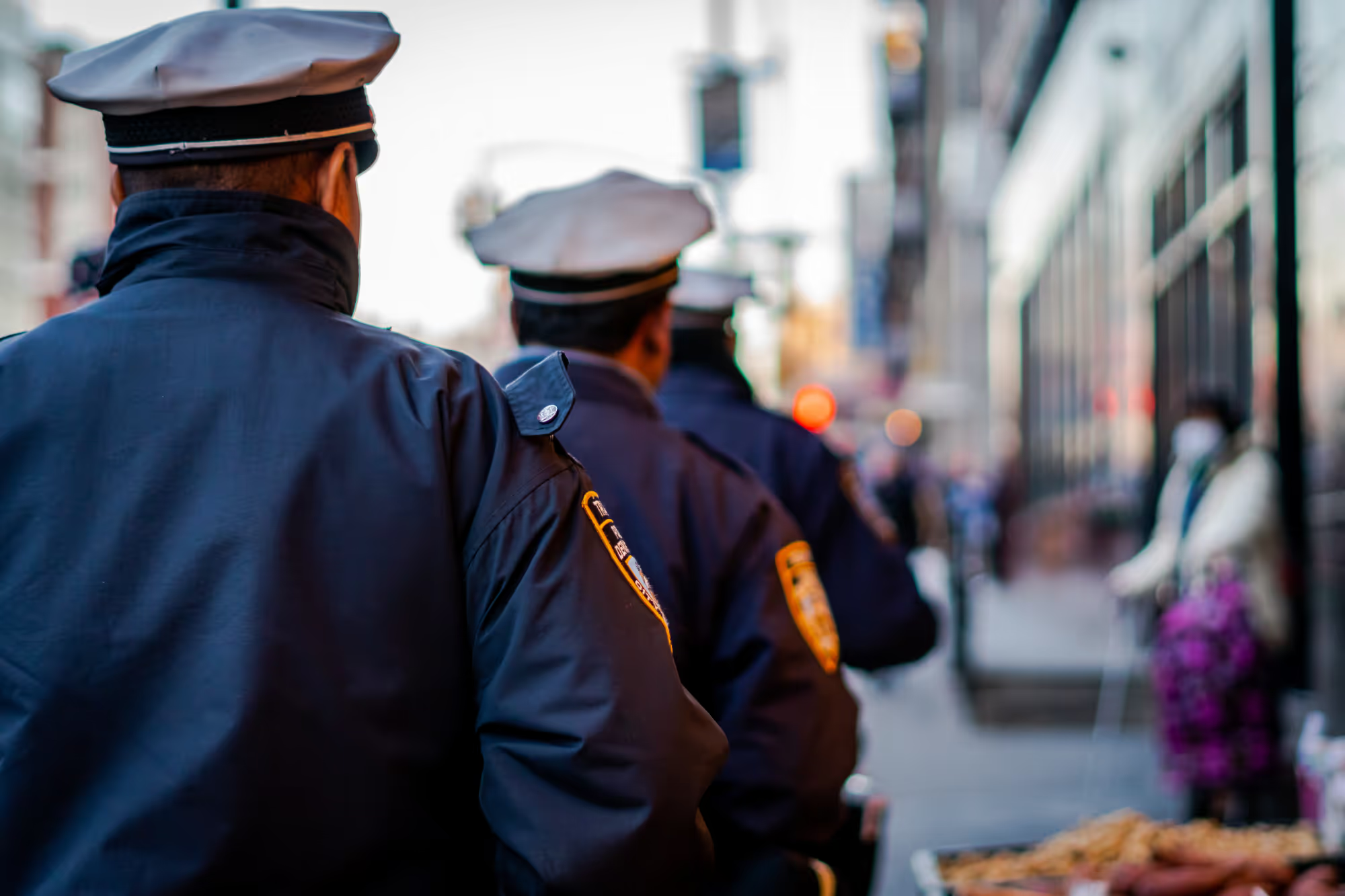With a rich history spanning over several decades, our organization stands as a unifying force, bringing together the collective voice of police unions, associations and law enforcement officers across the United States.
standing strong for law enforcement professionals
As a leading advocate for law enforcement professionals, The National Association of Police Organizations (NAPO) is dedicated to promoting the interests and well-being of those who serve and protect our communities.
A Unifying Force for law enforcement

Explore NAPO in action: legislative victories

Upcoming events: see how we advocate for our members

join NAPO: Learn more about membership options and benefits
Legislation that makes a difference
In addition to NAPO’s numerous legislative victories, there are many areas where NAPO continues to fight for America’s law enforcement officers:
Protecting law enforcement officers and their families
Stronger protections, survivor benefits, pensions, and healthcare for those who serve.
Advancing and funding public safety
Securing federal resources for hiring, equipment, and essential law enforcement programs.
Smart reform and mental health
Advancing fair policing policies, body camera standards, and crisis response training.
National advocacy and security
Fighting for law enforcement priorities in Washington and strengthening border security.
Latest news
Stay informed about law enforcement issues and NAPO initiatives
Fuel the Force Act; No Tax on Restored Benefits Act; Public Safety Congressional Grant Briefing; NAPO on the Hill; National Blue Alert; Pension Seminar Sponsors
Statement from the National Association of Police Organizations on the Need to Protect Public Safety and Officer Safety During Federal Immigration Actions
TOP COPS Awards®
Since NAPO launched the awards program in 1994, the TOP COPS Awards® have paid tribute to outstanding law enforcement officers across the country for actions above and beyond the call of duty. TOP COPS awardees are nominated by their fellow law enforcement officers for outstanding service during the preceding calendar year.
The TOP COPS are selected by an Awards Selection Committee comprised of national law enforcement representatives who choose one TOP COPS case from each state and U.S. territory. The cases are then ranked, and the top ten case winners are flown to Washington, DC for the awards ceremony. The awards show features a short video of each TOP COPS case.


Honored Guests of TOP COPS Awards®
The TOP COPS Awards® are attended by celebrities, politicians, members of the national law enforcement community, corporate donors and other interested individuals. Here is just a short list of attendees we’ve been honored to have throughout the years:
The President of the United States
The Vice President of the United States
The Attorney General of the United States
The Secretary of the Department of Homeland Security
Eddie Cahill – CBS, “CSI: New York”
Robert Clohessy – CBS, “Blue Bloods”
Seamus Dever – ABC, “Castle”
Kathryn Erbe – NBC, “Law & Order: Criminal Intent”
Milena Govich – FX Series, “Rescue Me”
Mariska Hargitay – NBC, “Law & Order: Special Victims Unit”
Abigail Hawk – CBS, “Blue Bloods”
Gregory Jbara – CBS, “Blue Bloods”
Penny Johnson – ABC, “Castle”
James Earl Jones
David McCallum – CBS, “NCIS”Christopher Meloni – NBC, “Law & Order: Organized Crime”
Craig Morgan – Country Music Superstar
Kathryn Morris – CBS, “Cold Case”
Bebe Neuwirth – CBS, “ Madame Secretary”
Jeffrey Nordling – Fox, “24”
Pauley Perrette – CBS, “NCIS”
Jeremy Ratchford – CBS, “Cold Case”
John Riggins – Pro-Football Hall of Fame
Linus Roache – Showtime, “Homeland”
Robert Taylor – Netflix “Longmire”
John Walsh – FOX, “America’s Most Wanted”
Steve Zirnkilton – NBC, “Law & Order”



